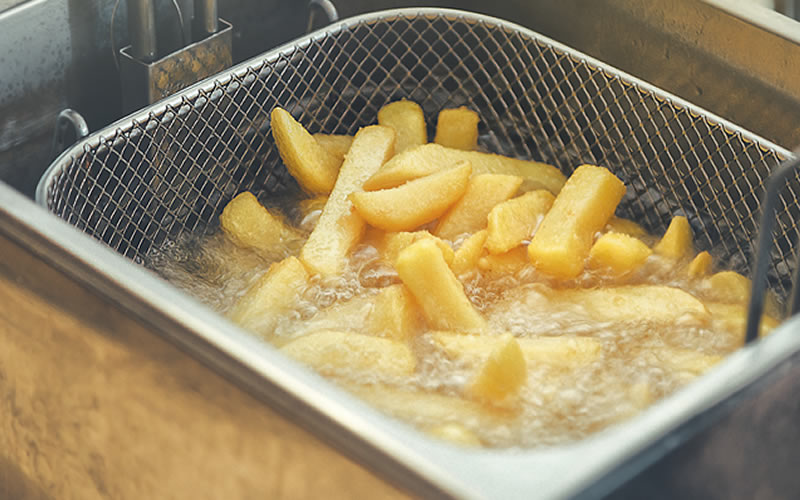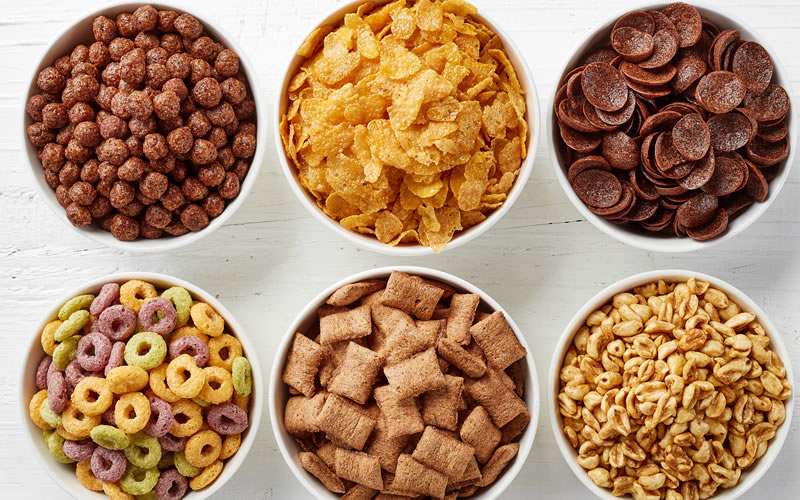
Prevent painful joints and clear up unsightly skin conditions
If you suffer with painful, aching joints or muscles, changeable bowel motions, asthma or a skin condition like eczema or acne, you will undoubtedly have inflammation occurring in your body which is being triggered by an internal or external factor.
Learn what inflammation is, how dietary inflammation affects the body and the 7 worst foods that cause inflammation.
What is inflammation
Inflammation is a bodily defense response to tissue damage which is triggered by the immune system and can be caused by pathogens, abrasions, chemicals, cell distortion/damage and extreme temperatures.
Inflammation can either be acute or chronic. Acute inflammation is an immediate response to tissue damage that is characterised by redness, heat, pain and swelling as a result of an injury or getting an infection. The body sends specific immune cells to the site of the tissue injury whose job is to control the infection, dispose of pathogens and repair damaged tissue. The immune cells also initiate the healing process.
Chronic inflammation is unresolved inflammation that is ongoing, kind of like a fire that keeps burning and never goes out. It can last for months or even years, and occurs when the body is unable to repair or heal the damage caused by an injury or infection. Chronic inflammation is associated with many diseases such as cancer, diabetes, heart disease, arthritis and inflammatory bowel conditions like ulcerative colitis.
Inflammation is a natural response to enable to body to protect itself; however, when inflammation becomes chronic, it is incredibly harmful for the body.
How dietary inflammation affects the body?
Certain dietary and lifestyle practices such as eating sugar, drinking coffee and too much stress can also promote inflammation which is incredibly damaging for the body.
Eating inflammatory foods alters your microbiome – this the collection of bacterial species that live in the gut to protect the body from pathogens, help you digest food and enable your body to produce vitamins. When the microbiome becomes unbalanced, the immune system is negatively affected.
Furthermore, continually eating inflammatory foods causes blood sugar and blood fat levels to rise significantly which triggers a domino-effect of chemical reactions including the inflammatory response. Over time, this continued inflammation can overwhelm your immune system and lead to long-term health complaints.
The 7 worst inflammatory foods
- Fried foods like fish and chips, deep fried chicken, crisps, tempura and churros produce compounds in the body called Advanced Glycation End Products (AGEs) that directly stimulate inflammation. AGEs can occur when foods are cooked at very high temperatures such as when frying. If your body is unable to efficiently eliminate AGEs, they accumulate, causing inflammation and damage to cells.


- Sugar and refined carbohydrates like white bread, pastries, pizza, breakfast cereals and white flour products (which rapidly break down to glucose and spike blood sugar levels). Fizzy drinks and sweetened drinks are also loaded with sugar as well as other harmful additives and chemicals. Sugar triggers the liver to produce free fatty acids which when digested by the body, creates compounds that activate the inflammatory response. Learn about hidden sugars.
- Gluten can trigger an inflammatory response in those with a sensitivity to it – this is known as coeliac disease. The immune system mounts a response as it sees the gluten molecules as a threat, consequently causing the immune cells to attack the small intestine. This results in inflammation and damage to the intestinal wall. Learn more about gluten and going gluten-free.


- Processed and packaged foods such as breakfast cereals, snack bars, ham/chicken slices, pizza, condiments and sauces are a source of hidden sugars, table salt and toxic chemicals, additives and preservatives – all of which contribute to inflammation in the body.
- Margarine is very inflammatory as it’s considered a trans-fat which is a type of unsaturated fat that is harmful for the body. During the margarine manufacture process, hydrogen is added to vegetable oil to make it solid at room temperature and therefore spreadable like butter. The hydrogenation process changes the chemical structure of the oil, making it become damaged and rancid – this process causes fats to become trans-fats. Other foods that contain trans-fats include vegetable oils like rapeseed oil, pastries, cakes, doughnuts, bread, biscuits, crackers and ice cream.


- Red meat and processed meats including deli meats, hot dogs, sausages, smoked meat, bacon and beef jerky are high in saturated fats which has shown to cause tissue inflammation. Processed and cured meats are also high in salt and loaded with toxic preservatives such as nitrates which are known carcinogens (cancer-causing agents). Meat also produce AGEs (as mentioned above) which are harmful compounds that trigger inflammation in the body.
- Pasteurised cow’s milk including cow’s milk products like cheese and ice cream can cause acidity, excess mucous and inflammation. Milk can aggravate the immune system and trigger inflammatory conditions such as acne, eczema, asthma, ulcerative colitis and rheumatoid arthritis. Learn more about how dairy affects the body.

Naturally reduce inflammation
Chronic inflammation is extremely damaging for the body and can cause harm to organs, joints and blood vessels, contributing to chronic health condition such as heart disease, diabetes, cancer and Alzheimer’s disease. Avoiding inflammatory foods like sugar, meat and margarine is key for reducing inflammation. To learn more about how to adopt an anti-inflammatory diet, take a look at CNM’s short online course Nutrition for Everyday Living.
Keep an eye out for the next article on the top 10 anti-inflammatory foods.

